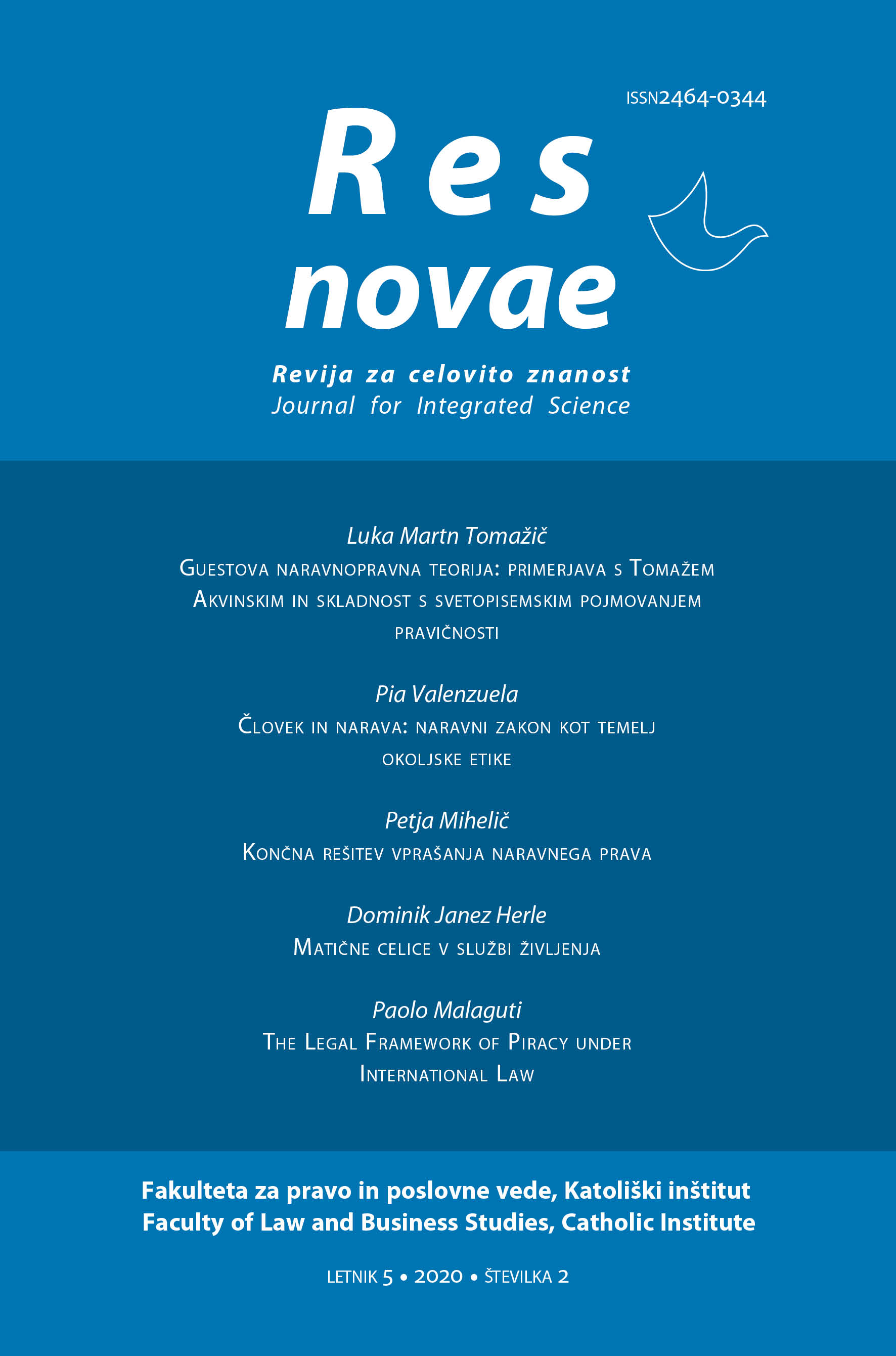The Legal Framework of Piracy under International Law
Paolo Malaguti
The Legal Framework of Piracy under International Law
DOI: https://doi.org/10.62983/rn2865.202.5
Key words: piracy, United Nations Convention on the Law of the Sea, UNCLOS, Montego Bay, counter-piracy operations, The Geneva Convention on the High Seas, League of Nations, Harvard Draft Convention on Piracy.
Abstract:
Maritime piracy is the so-called treaty crime or behaviour perceived as a crime by the international community and therefore classified as a crime through specific treaties. The reprobation of the international community towards piracy, in reality, is much older than its codification, pirates having been seen as hostes humani generis since the most remote ages and civilizations, because they are disturbers of a fundamental interest of the people: the freedom of navigation of the seas. We can therefore speak of piracy as a crime against ius gentium, even before that of a treaty crime. Currently, the definition of piracy in force is described by the article 101 of the United Nations Convention on the Law of the Sea (UNCLOS), signed in Montego Bay in 1982, which provides for a series of specific behaviours, but not sufficient to cover the multiplicity of cases that occur in practice.
PDF



